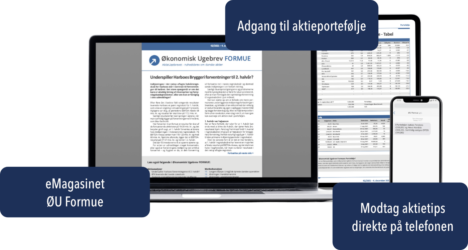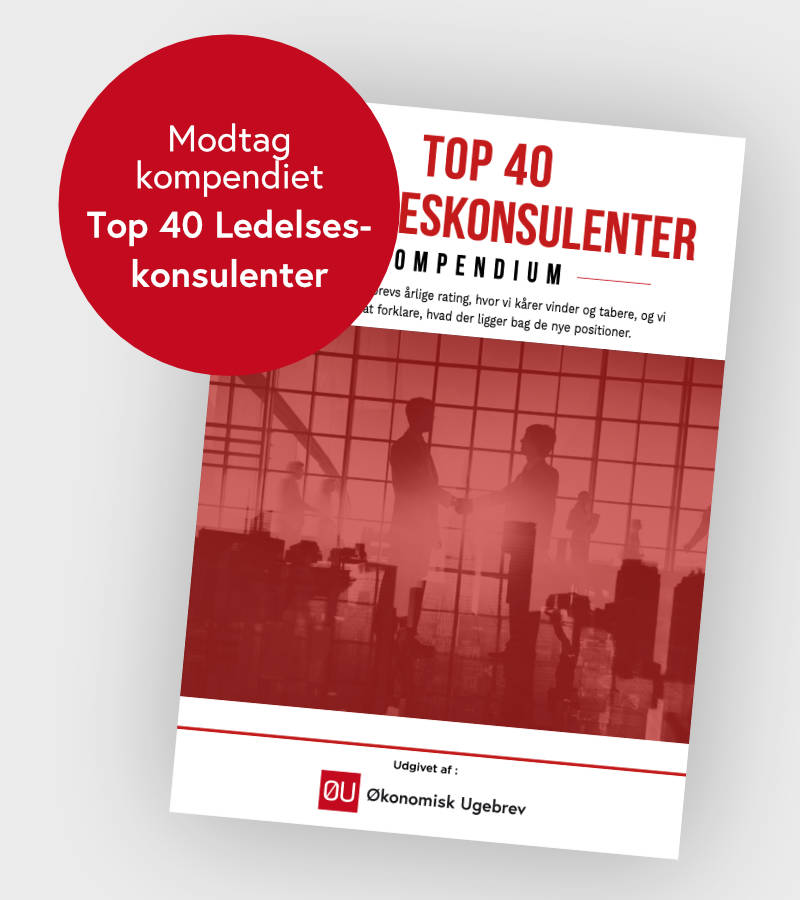via Norway Today,
The past year has seen the world economy blighted by the impacts of the COVID-19 pandemic. The pandemic has impacted every corner of the globe and every sector in the world economy. However, there are some countries that have emerged, post-lockdown, relatively unscathed.
Generally, those with an authoritarian regime, that are less bound by electoral cycles, individual freedoms, and market-driven economies, have been able to shut their country down efficiently. The ease at which countries can mobilize the military, to both enforce lockdowns and aid in mass vaccination programs, has helped in the quicker reopening of their economies than other freer countries.
These countries have thus been better placed to able be to take full advantage of a weaker global economy. The huge drop in international productivity, business, and trade has seen governments worldwide prop up sectors of their economy with enormous financial support. This has allowed an almost “firesale” of key strategic national companies and resources.
Recent acquisitions have sparked political debate
Norway has seen a surge of Chinese and Russian investment in recent years. The Chinese government-owned ChemChina acquisition of Elkem, from Orkla, in 2010 was seen as the start of this era. Having the Chinese government as the biggest shareholder in this strategic Norwegian chemical company, which produces precious metals and alloys, raised eyebrows.
The past year, especially, has seen China and Russia increase their presence and flex their economic muscle in Norway due to a weaker economy affected by COVID-19. The impact of this pandemic on the travel industry saw the government bailout Norwegian Air Shuttle to the tune of nearly NOK 3 billion last year. With government support popping up a vulnerable airline, the Chinese state-owned BOAC Aviation Ltd company, according to Norwegian Broadcasting (NRK), swooped in to acquire 12.67% and thus become the second-largest shareholder.
The recent controversial NOK 1.6 billion sale of the Bergen Engines factory, in Hordvikneset, to the Russian-controlled TMH International is another example. The sale had tentative government support, in collaboration with four government ministries (Trade, Foreign Affairs, Defense, and Justice – who all signed off on the deal). However, as the largest client of Bergen Engines is the Norwegian Navy, there was concern, both from Norway’s military and fellow NATO members, about key military technology falling into Russian hands. The sale has been temporarily suspended due to “safety concerns,” according to Justice Minister Monica Mæland.
The government line is that both are private commercial transactions of which there should be no interference. However, not all are happy. The economic encroachment of authoritarian countries, into key strategic sectors of the Norwegian economy, has sparked a broad political discussion about the repercussions of such acquisitions.
Security Act update and intelligence service warning
The past decade has seen an aggressive rise, not just in financial markets, of authoritarian countries. There is a feeling that having such countries acquire a position in the Norwegian economy is not only bad business but also undermines national security. An updated version of the Security Act (Sikkerhetsloven) came into force in 2018 specifically to counter these aggressive acquisitions.
Lately, politicians, like Emilie Enger Mehl (SP), have been questioning the point of having updated the Act when such acquisitions can go ahead with seemingly little government due diligence. The Act now gives the National Security Authority (the regulatory body for overseeing such acquisitions) scope to block such deals. Foreign acquisitions of both private and public Norwegian companies that perform, either directly or through supply chains, a “basic national function”, can be prohibited on national security grounds. This can be applied broadly to sectors of the economy, not just those associated with defense and the military.
The economic presence of countries like China and Russia, in Norway, has also caused alarm in the Norwegian Foreign Intelligence Service. Handing down its annual report last year, Lieutenant-General Morten Haga Lunde said countries, like Russia and China, “…have political systems with close and intended ties between politics and economy, between state and private, and between civilian and military spheres.” The acquisition of Norwegian resource companies, for example, now has political as well as economic considerations.















